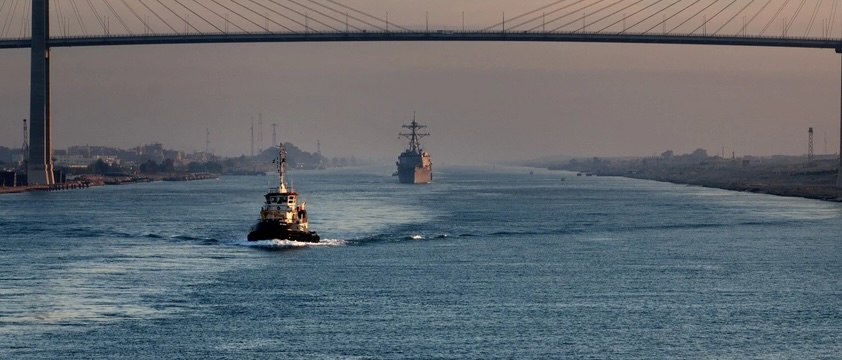Already a subscriber? Make sure to log into your account before viewing this content. You can access your account by hitting the “login” button on the top right corner. Still unable to see the content after signing in? Make sure your card on file is up-to-date.
President Donald Trump has officially demanded that American military and commercial ships be granted free passage through the Panama and Suez Canal.
Some shit you should know before you read: If you’re unaware, the Panama and Suez Canals were monumental engineering projects backed by different nations at different times. The United States built the Panama Canal after an earlier failed French effort. It cost roughly $375 million at the time (equivalent to over $10 billion today when adjusted for inflation). In contrast, the Suez Canal was constructed by the French, with funding coming from French investors and the Egyptian government; it was completed in 1869. Today, the Panama Canal handles about 40% of all US container traffic annually, while the Suez Canal carries approximately 12–15% of total global trade each year.

What’s going on now: In a post on Truth Social, President Trump said, “American Ships, both Military and Commercial, should be allowed to travel, free of charge, through the Panama and Suez Canals! Those Canals would not exist without the United States of America. I’ve asked Secretary of State Marco Rubio to immediately take care of, and memorialize, this situation!”
Transiting the Panama Canal typically costs between $150,000 and $450,000 for large ships, while Suez Canal transit fees for similar vessels usually range from $300,000 to over $700,000, depending on ship size and cargo.
This latest demand fits into Trump’s broader pattern of criticizing Panama’s management of the canal and warning about alleged Chinese influence in the region. For months, Trump has claimed that Chinese-backed companies have gained control over critical infrastructure surrounding the Panama Canal, posing a threat to US national security. He has frequently cited the Belt and Road Initiative as evidence of Beijing’s expanding global influence and expressed concern that China could use its position to conduct surveillance and limit US commercial and military movements.
Trump has also repeatedly attacked former President Jimmy Carter’s decision to return control of the Panama Canal to Panama, calling it a “very big mistake” that he claims “cost the United States the equivalent of a trillion dollars.”
Trump has also suggested that, if necessary, the US should be prepared to use economic pressure—or even military force—to reassert control over the canal and ensure America’s strategic interests are protected.






